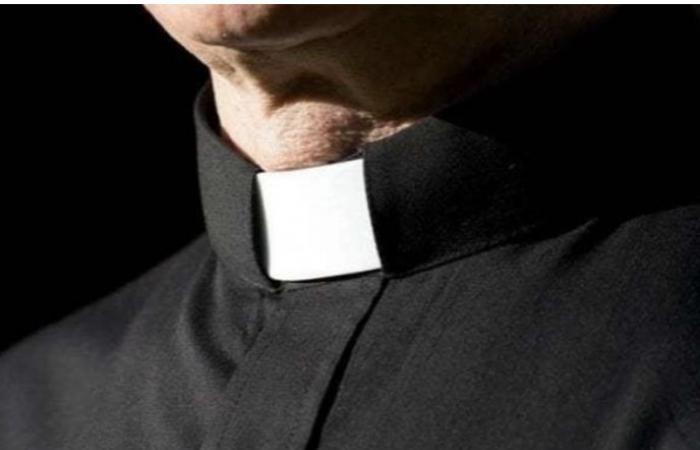The vow of chastity for the Church is a virtue that requires the clergy not to have sexual relations (Wikipedia). But as everyone knows, this obligation has not always been respected. During the research carried out by fellow citizen Antonino Sammartano on the history of Marsala in the 18th century, he came across several documents concerning stories of priests and nuns who did not renounce such relationships. The following is an example:
On June 30, 1794, the Viceroy sent a memorial from Father Filippo Vinci of the Order of St. Francis to the Captain’s Court of Marsala and instructed it to report on the religious man’s complaint. The Priest had been in prison for more than a year because he was “practising in the Sac’s house. Don Vito Purracchio, from a fairly decorated family, induced a girl sister of the said Purracchio called Donna Vita, to make her condescend to her impure and immoral desires, and impregnated his sister”. As soon as Don Vito discovered the relationship between his sister and the young priest, he ordered the latter to leave Marsala. Father Vinci, who perhaps was truly in love with the girl, tried to convince her to run away with him. At first she was reluctant, but then, in order not to be discovered by her family that she was pregnant, she decided to go with the religious man, who induced her to collect gold, silver and money in her house. And so she in fact did.
At the same time the aforementioned Father Vinci persuaded a cleric named Don Giovanni Barraco to leave with him to go outside the Kingdom. But he initially refused the invitation because he did not have enough money to make such a long journey. But the Priest Vinci managed to convince him by saying that another young man, his friend, was coming with him, provided with money and enough stuff to travel around Italy. At this point Barraco agreed.
Vinci then went to Trapani to rent a Maltese Spironara (a small sailing boat used then mainly for transport between Sicily and Malta) that was to take them to the island of Malta. On the night of May 21, 1793, Barraco, Father Vinci and the girl, dressed as a man, left Marsala. After 24 hours of sailing, the Master of the Spironara left them on a beach near Terranova (Gela), saying they had arrived in Malta, but before abandoning them he kept most of the stuff the three had with them. It was then that Barraco discovered that the companion of Priest Vinci was a woman dressed as a man and that her name was Vita Porracchio. The three, shortly after disembarking, were discovered by the guard of the Loader and taken to the Court of Terranova, where they were arrested.
When the Captain’s Court of Marsala received news of the arrest of the three Marsalese, it immediately sent a boat to go and get them. But since the girl was in her eighth month of pregnancy, that Court handed over the two men and held the girl until she gave birth. In fact, as soon as the girl gave birth, she was transferred with another boat to Marsala.
We now report the judgment that the Captain’s Court gives of Father Filippo Vinci:
“Do not believe that this Father Vinci is a small man (a petty person, both physically and morally). He is a very famous masterpiece, which in our opinion surpasses any other in this century because we know what and how much trouble he made us endure not only to complete the tests (to find the proofs), but to develop those cabals that he had hatched in Terranova, also provoking from her with notes to the aforementioned Purracchio to avoid telling the truth, and that finally after no small amount of trouble a certain but not very faithful confession was obtained from the same, whereby he was listed as guilty of rape in person of the aforementioned Purracchio with the pregnancy of the same, of apostasy from his religion; of theft of the goods that he had brought with him to the same and finally of a fraudulent and wilful kidnapping of many…”
In his memoir Vinci had complained that for more than a year he had been locked up in a Dammuso in the Marsala prison without being tried. But in this regard the Court points out to the Viceroy that “this Court prides itself on having practiced (prosecuted) it with the intervention and assistance of the Delegate of the Monarchy (Ecclesiastical Tribunal) of the latter, therefore he must Vinci rather and with more it is right to accuse the Church Court of rigor rather than us if there was one; the said Father Vinci still harbors feelings of not being a good Catholic since he shows no regret for his misdeeds; therefore it is permissible at his whim to plot cabals to disfigure the honor of some of his officials.”
Marsala 21 July 1794
Most Humble Servants Captain of Justice and Fiscal
Mario Nuccio
Antonio Agate
Giuseppe Perniciaro
Source: RSI vol. 2339






